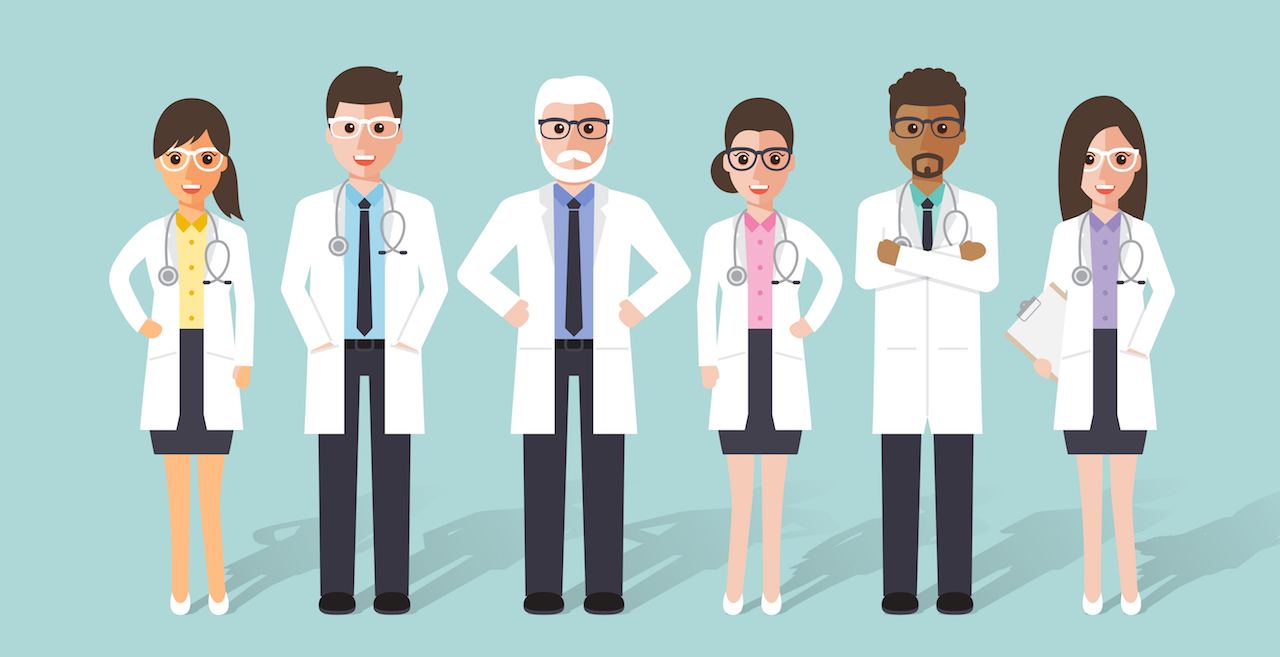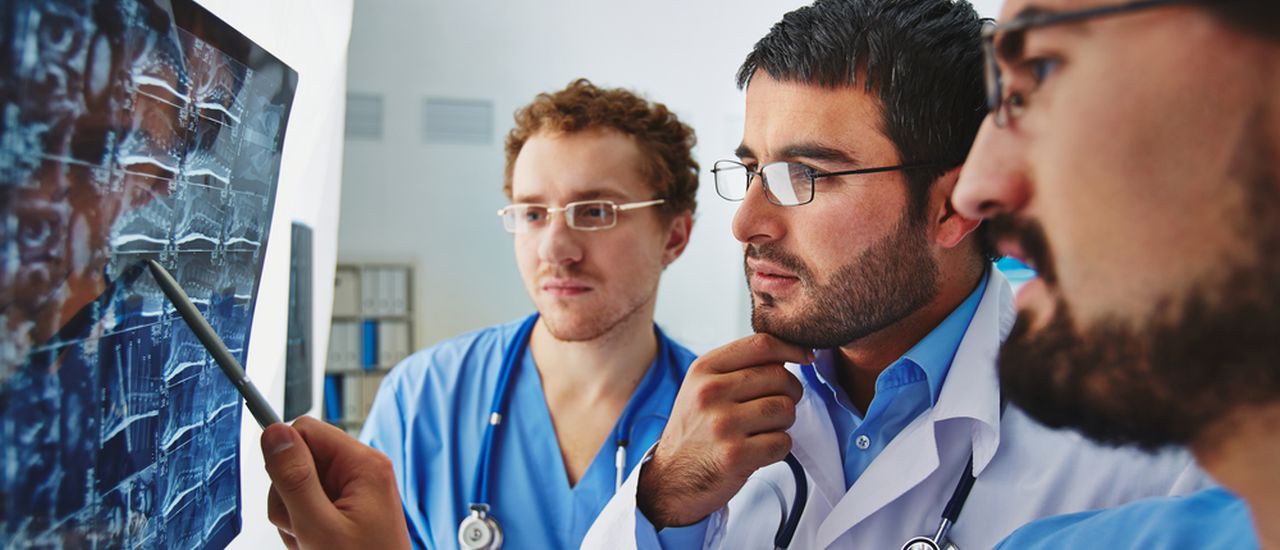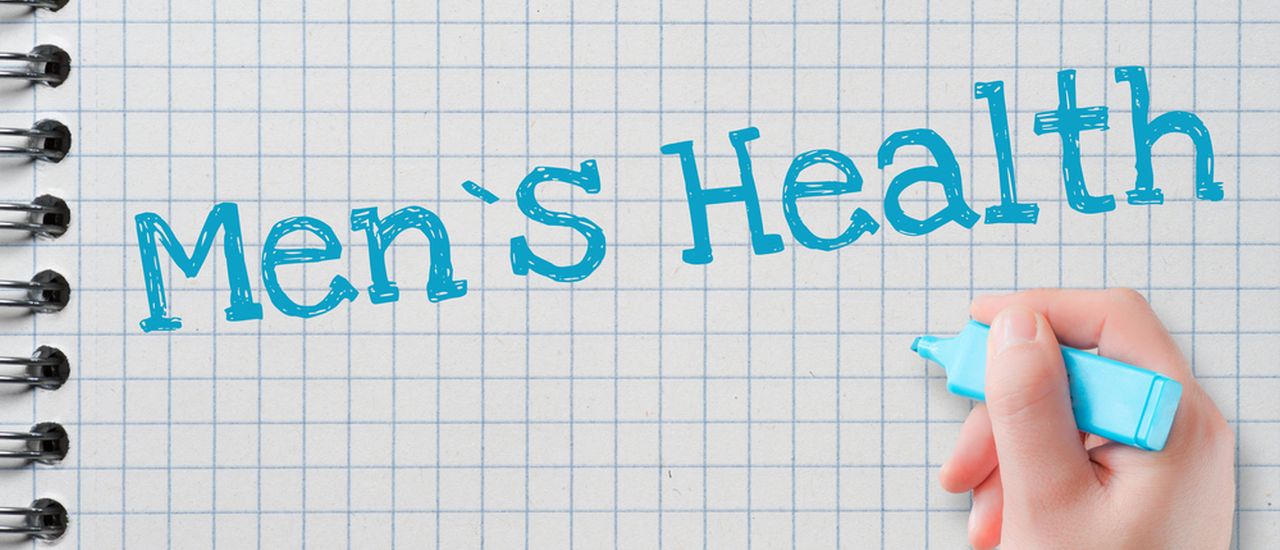2020 is finally here and although there aren’t any cars flying around or cyborgs serving you at the shops, the future of medicine looks promising.
From digital tattoos to drug 3D printing, here are 5 exciting future health developments that you’ll surely be hyped up about.
3D printing drugs
If a trip to the pharmacy sounds like a hassle, why not print out your prescription medication instead? Today, guns, chocolate and even houses can be 3D printed, and drugs aren’t far behind. For example, the FDA approved an epilepsy drug called Spritam that is made by 3D printers. It prints out the powdered drug layer by layer which makes it easier to dissolve than regular pills. What’s more, scientists from the University College of London also experimented with 3D printing drugs in different shapes like dinosaurs or octopuses so that kids will be keener to take their medication.
Personalised medicine
Medication is usually a one-size-fits-all approach, but personalised medication looks to be the future. The idea behind customised medication is that it could lead to fewer ineffective treatment incidents and better outcomes. The aim is that doctors will be able to tailor treatment and preventative strategies to an individual’s unique characteristics. To achieve this, more research must be done, and data needs to be collected. Symptoms, family dynamics, environmental exposures, DNA analysis and cultural backgrounds will have to be considered for personalised medicine to work.
Health trackers
Wouldn’t it be great if your doctor could always monitor you? One day soon, it could be possible. Called biohackers, small body sensors are currently in development. They can either be sewn into your clothing or implanted into your body. These sensors can be used to help your doctor understand your symptoms better and check for underlying conditions and risk factors. One biohacker that’s being tested can be embedded in a tooth to measure things like irregular jaw movements, how often you’re coughing and what harmful foods you might be eating. Others include GPS biohackers that can lead hikers to safe medical treatment, and socks to measure body temperature and heart rate during exercise.
Brain computer interfaces
Cochlear and retinal implants gave a convenient alternative to eye and ear operations, and in years to come, brain implants are the next best thing. Imagine having a little computer chip attached to your brain that makes you a super-computer! This chip could improve the ability to hear or see, heighten your memory and even allow you to type with your mind (without the keyboard). Although these opportunities are still leaps away, biotechnologists are working hard to make technology work for us.
Cancer breathalysers
Breathalysers are best known for catching boozy drivers, but are now in development to help diagnose cancer. There have been ongoing trials for this type of breathalyser at Georgia Tech. According to their trials, the breathalyser-style device has been able to detect both breast and lung cancer in patients with up to 80% accuracy. The device works by sampling around 75 characteristics of different cancers before confirming a diagnosis. Besides the convenience, if this device hits the market, it would save cancer patients the funds that would normally go towards expensive, and sometimes invasive, cancer testing. If this device is successful in further trials, you could be seeing this device in your doctor’s office in upcoming years!





